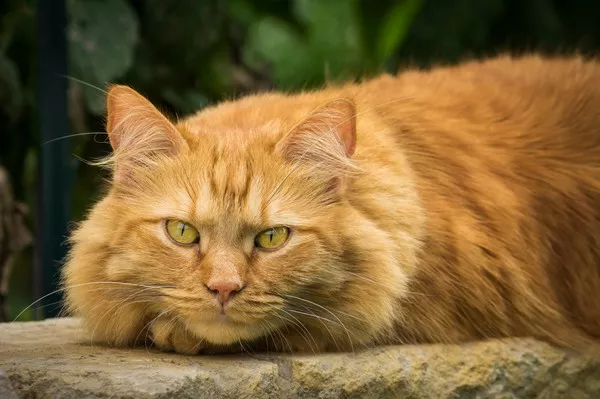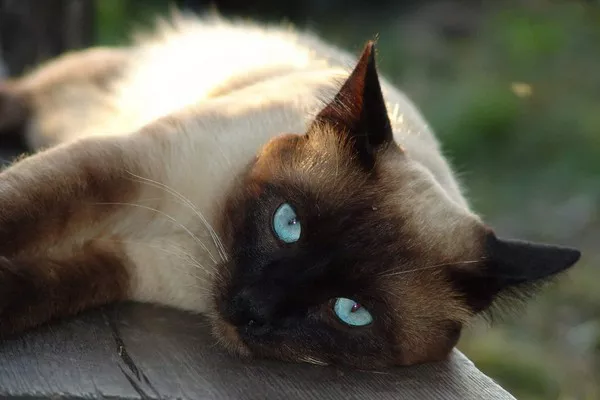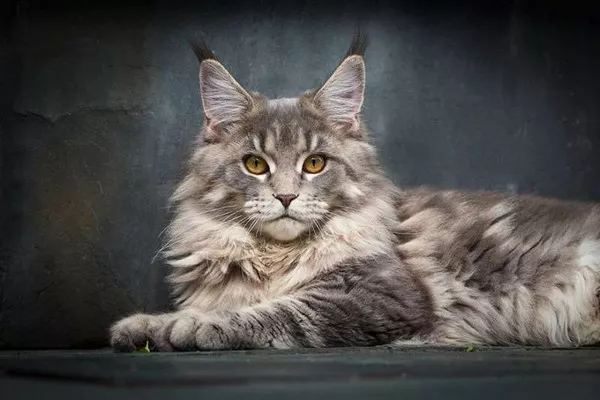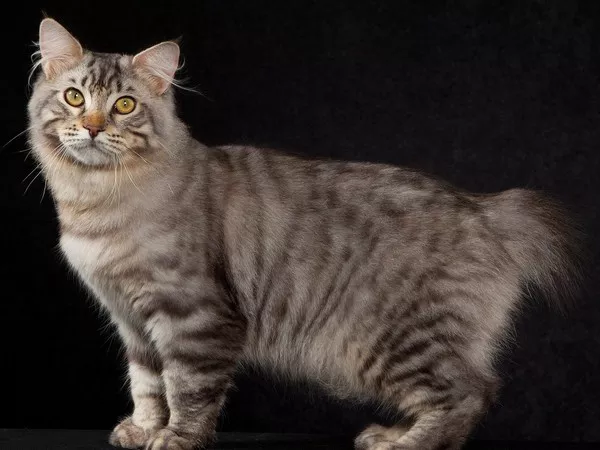Cats, known for their curious nature and discerning taste buds, often leave pet owners pondering over what treats they can safely indulge in. Watermelon, a summertime favorite for many humans, raises questions about its suitability for feline consumption. In this comprehensive exploration, we delve into the intricacies of whether cats can eat watermelon, examining the potential benefits and risks associated with this juicy fruit.
Understanding Feline Nutritional Needs
Before delving into the specifics of watermelon, it’s essential to grasp the nutritional requirements of cats. As obligate carnivores, cats thrive on a diet primarily composed of meat. Their digestive systems are finely tuned to extract essential nutrients from animal-based sources. Proteins and fats are crucial elements in their diet, and any additions must complement their carnivorous nature.
Watermelon Composition
Watermelon, a hydrating and refreshing fruit, boasts an impressive nutritional profile for humans. It is rich in vitamins, particularly vitamin C, and contains antioxidants like lycopene. With its high water content, watermelon is a low-calorie snack that contributes to overall hydration.
However, when it comes to feline nutrition, the dynamics change due to the specific dietary needs of cats. Let’s explore the potential benefits and risks associated with offering watermelon to your furry friend.
The Pros: Potential Benefits of Watermelon for Cats
Hydration Boost: Watermelon’s high water content can contribute to your cat‘s overall hydration, especially during hot weather. Staying adequately hydrated is crucial for a cat’s kidney function and general well-being.
Vitamins and Antioxidants: Watermelon contains vitamins like vitamin A and C, as well as antioxidants that play a role in immune system support. While cats can synthesize vitamin C on their own, these additional nutrients might offer supplementary benefits.
Low in Calories: Watermelon is a low-calorie fruit, making it a potential treat option for overweight cats when offered in moderation. However, it should not replace essential components of their diet.
Enrichment and Entertainment: Introducing watermelon as an occasional treat can serve as a novel experience for your cat, providing mental stimulation and enriching their environment.
The Cons: Risks and Considerations
Digestive Sensitivity: Cats have sensitive digestive systems, and introducing new foods can lead to digestive upset. Watermelon, with its high fiber content, may cause gastrointestinal discomfort, including diarrhea or stomach upset in some cats.
Sugar Content: While watermelon is not excessively high in sugar compared to some fruits, it still contains natural sugars. Cats lack the taste receptors for sweetness, and excessive sugar intake can lead to obesity or dental issues.
Seeds and Rind: The seeds and rind of watermelon pose potential choking hazards or digestive blockages in cats. Before offering watermelon to your cat, it’s crucial to ensure these parts are removed.
Allergies and Individual Variability: Cats, like humans, can have individual food sensitivities or allergies. Before incorporating watermelon into your cat’s diet, observe for any signs of adverse reactions, such as itching, vomiting, or changes in behavior.
Safe Ways to Offer Watermelon to Your Cat
If you decide to share a small amount of watermelon with your cat, it’s essential to do so safely. Follow these guidelines to minimize potential risks:
Seed Removal: Always remove seeds and the rind before offering watermelon to your cat. Seeds can pose a choking hazard, and the rind is challenging to digest.
Small, Bite-Sized Pieces: Cut the watermelon into small, manageable pieces to prevent choking and facilitate easy consumption.
Moderation is Key: Treat watermelon as an occasional and supplementary treat, not a staple in your cat’s diet. Too much of any new food can upset their stomach.
Monitor for Reactions: Introduce watermelon gradually and monitor your cat for any adverse reactions. If you notice any signs of discomfort or allergies, discontinue the treat immediately.
See Also: 6 Fruits That Cats Can Eat & 8 Fruits Cannot Eat
Conclusion
In the realm of feline nutrition, introducing unconventional treats like watermelon requires careful consideration of your cat’s specific needs and sensitivities. While watermelon can offer hydration and some nutritional benefits, it’s essential to approach this treat with caution, ensuring it complements, rather than replaces, a balanced feline diet.
Understanding the potential benefits and risks associated with feeding watermelon to your cat empowers you to make informed decisions about their diet. Remember, consulting with your veterinarian before introducing new foods can provide tailored guidance based on your cat’s individual health status and dietary requirements.



























